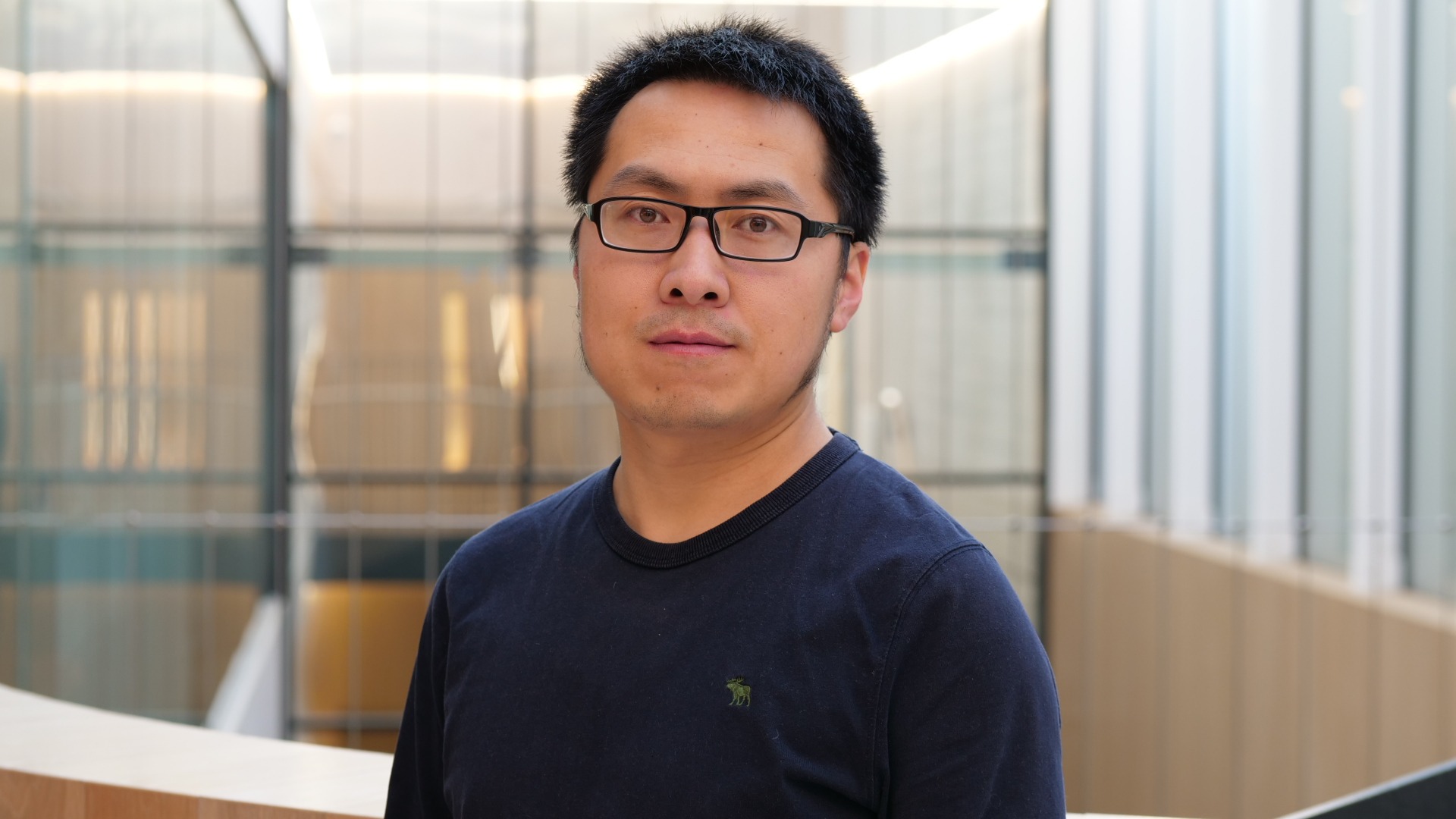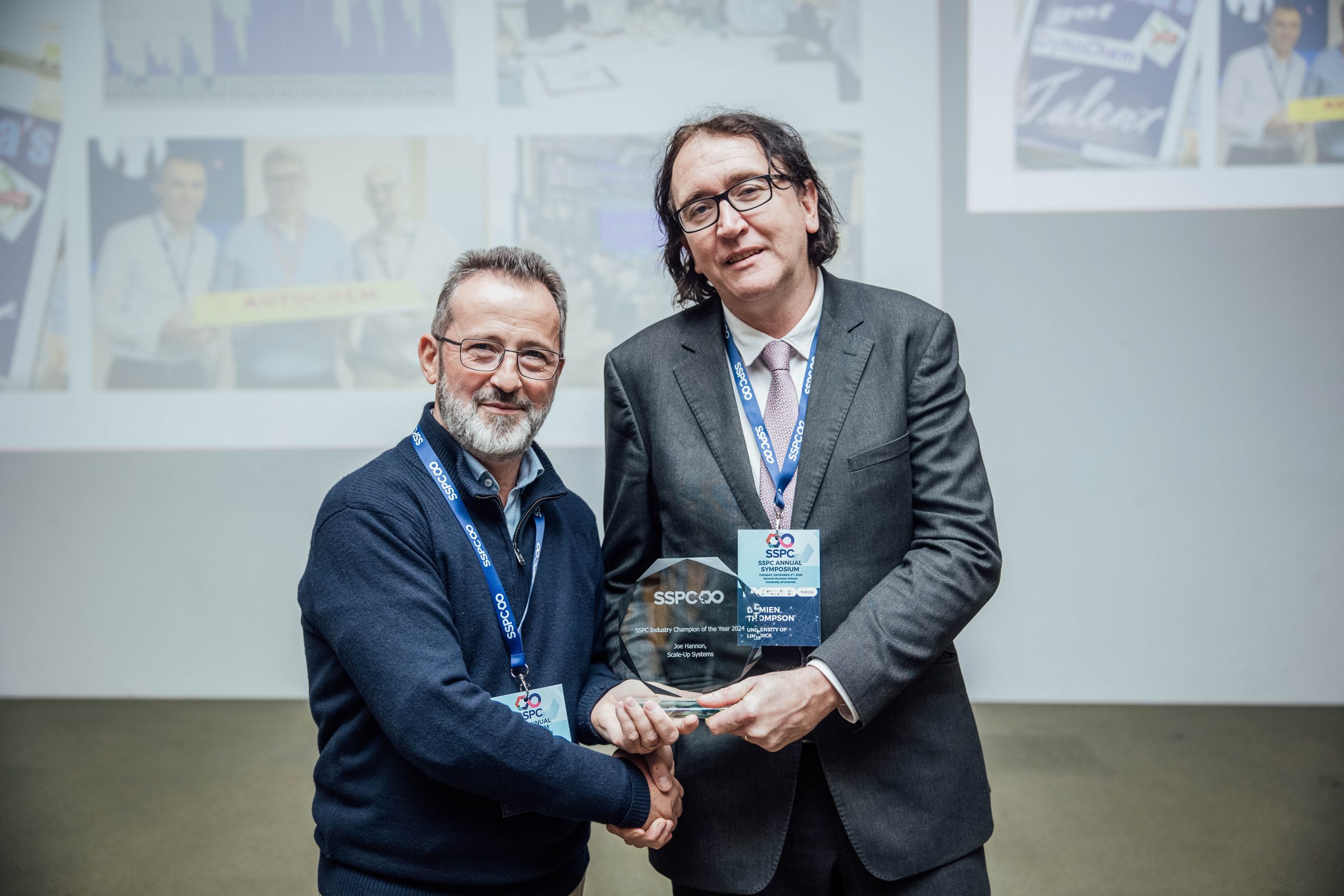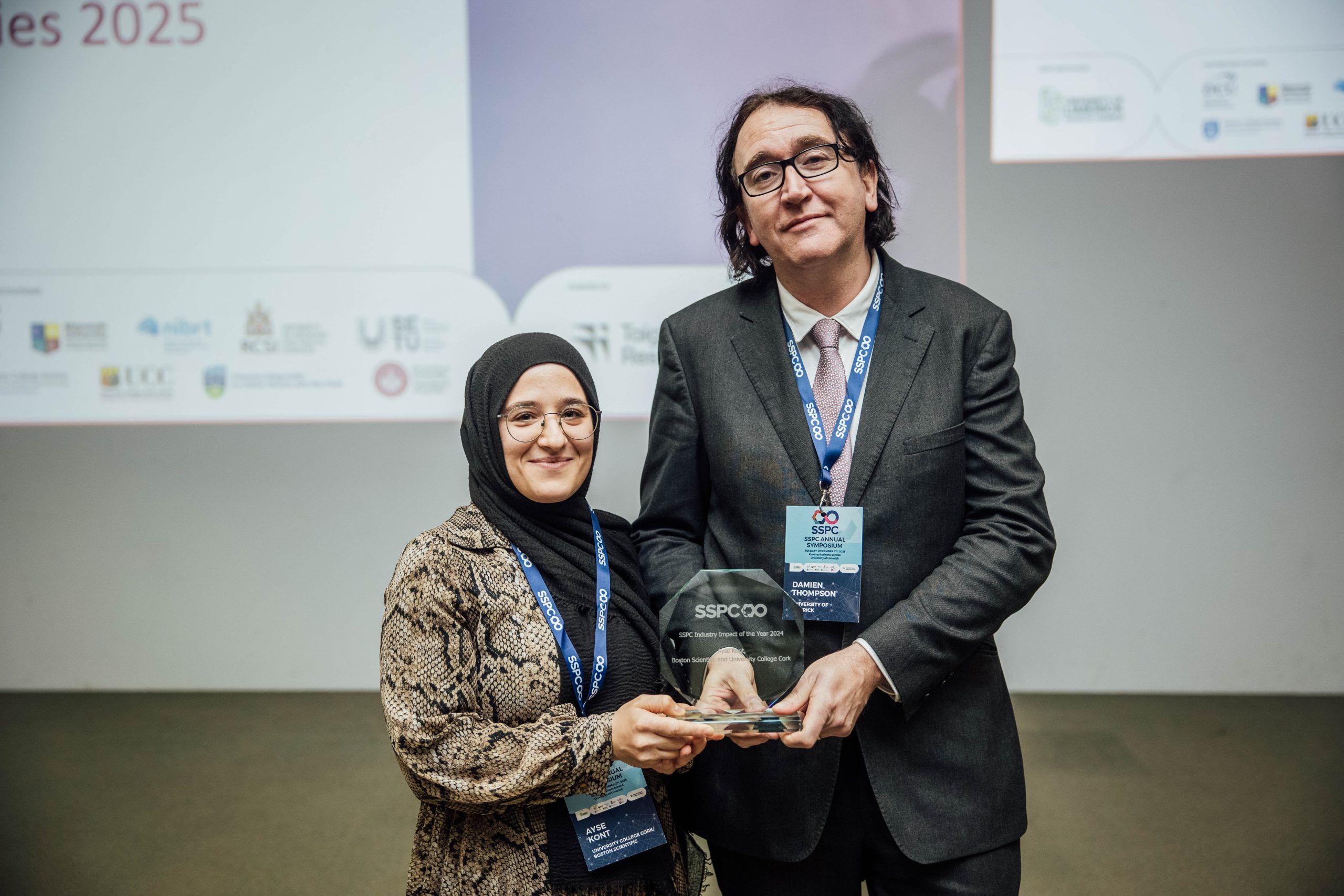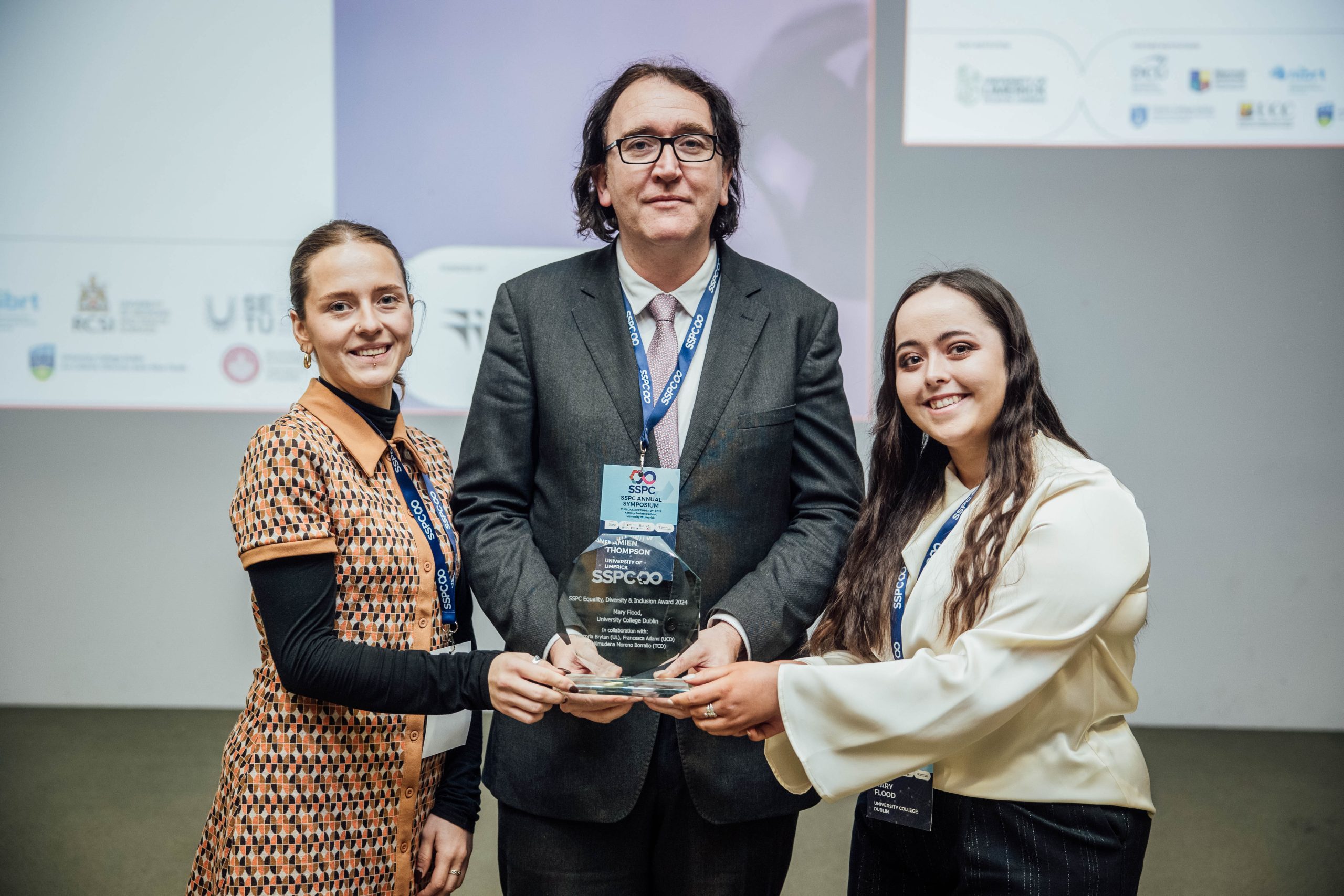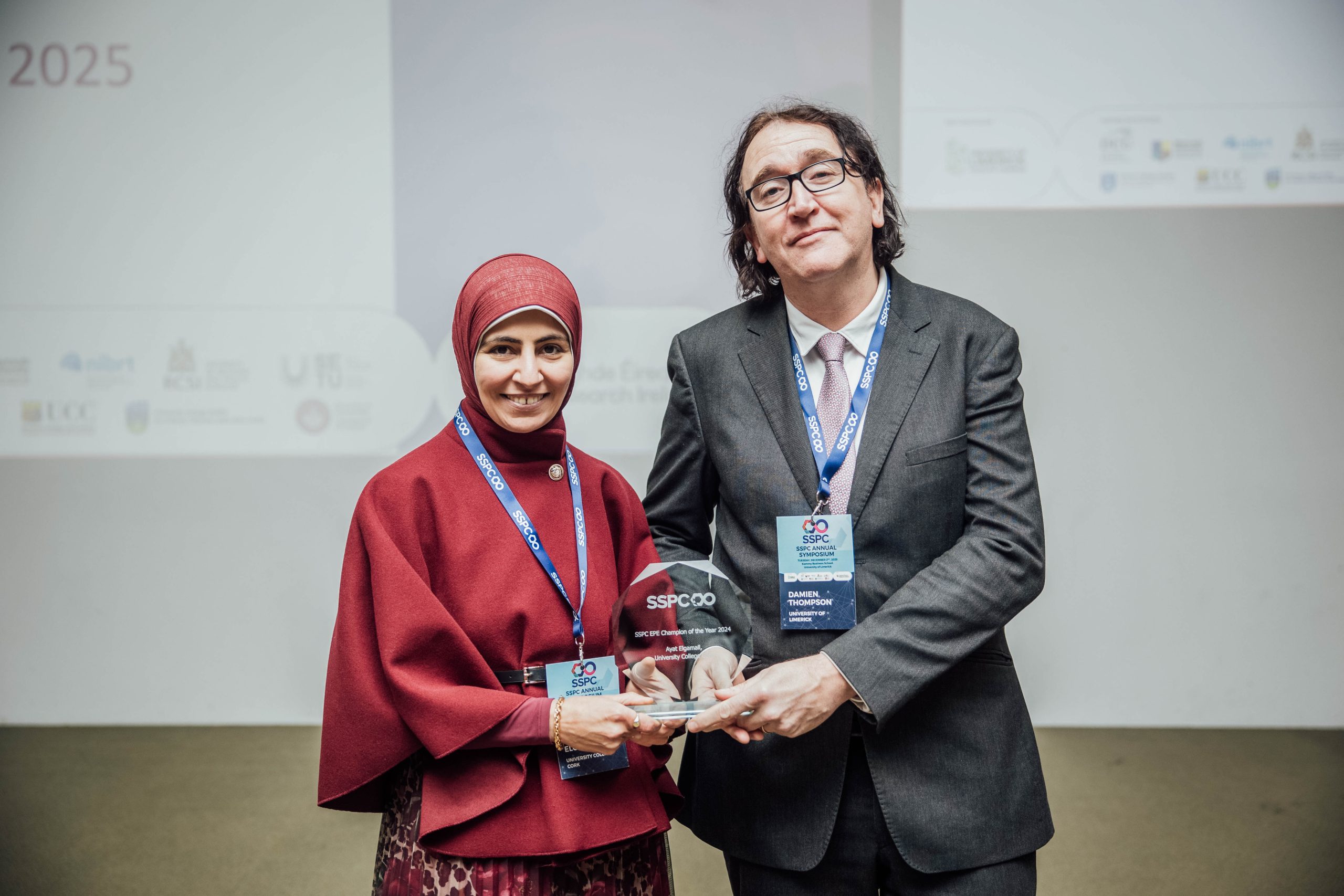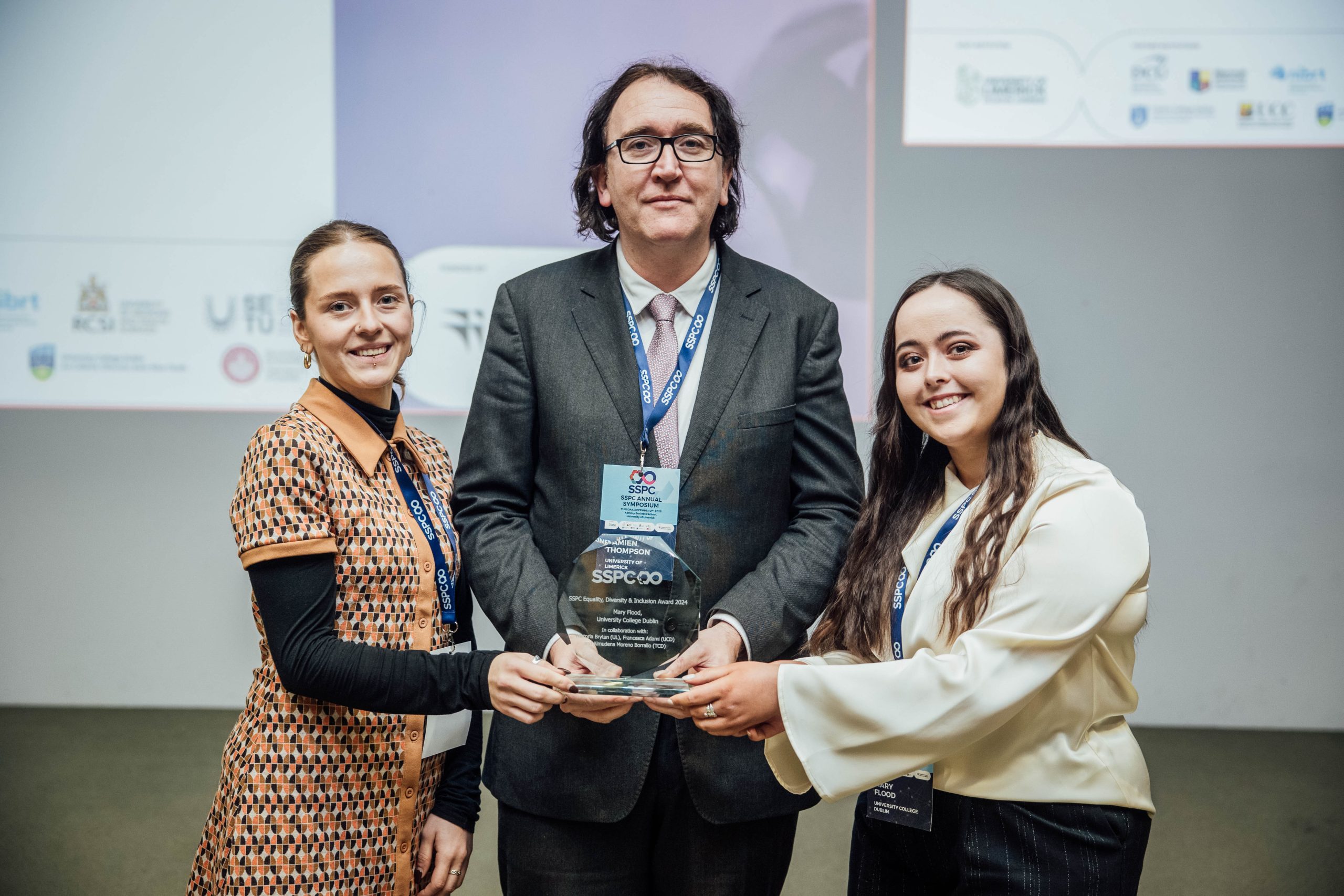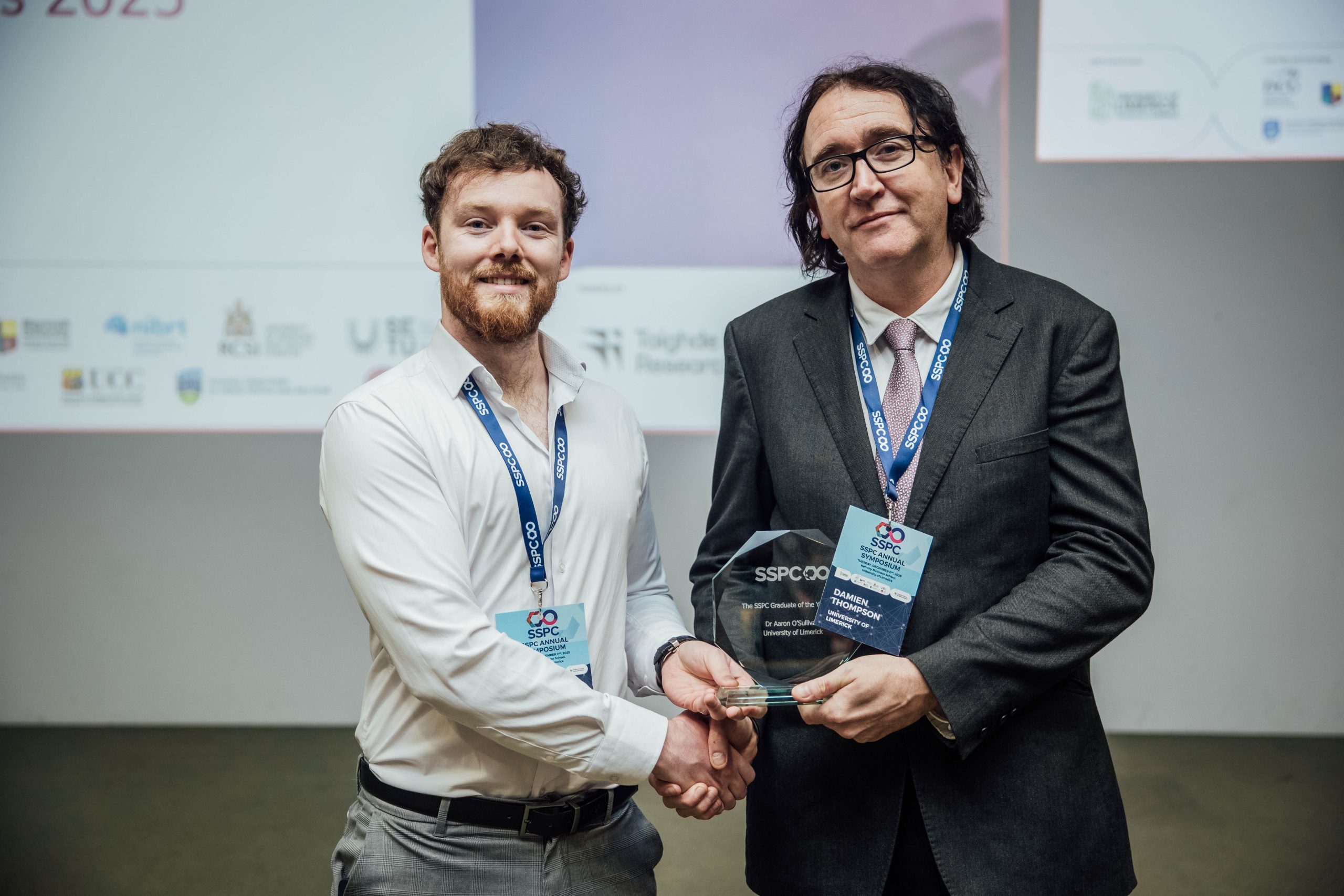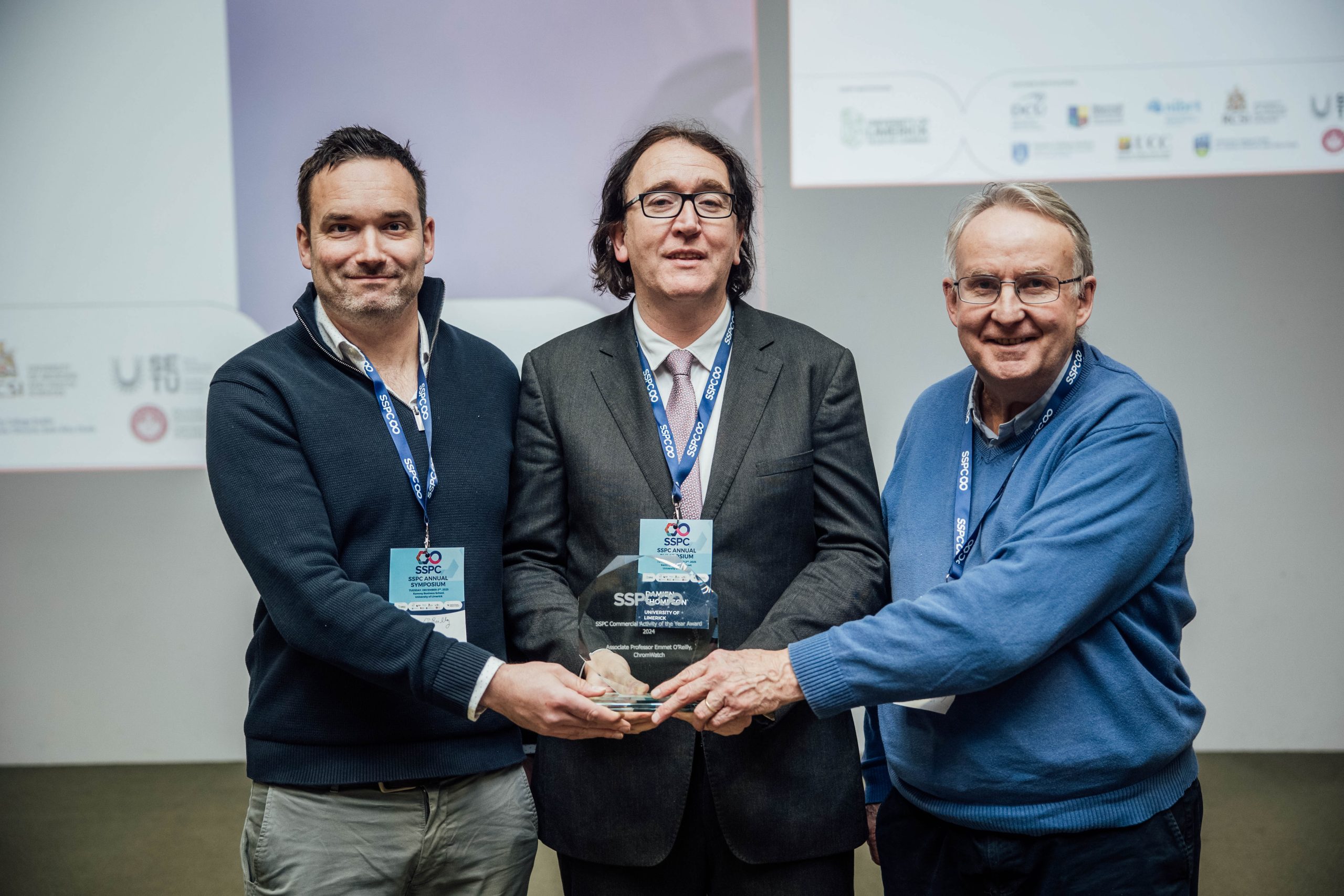Minister Harris announced a €24 million investment in rising research leaders through the SFI-IRC Pathway programme awards. The SFI-IRC Pathway Programme supports talented postdoctoral researchers from all research disciplines to develop their track-record and become independent research leaders
The funding supports 43 emerging research talents in areas such as AI and vaping, student mental health, hearing children of deaf adults, sustainable cheese manufacturing, virtual reality, climate risk and predictability.
One awardee, Dr Dan Wu from RCSI has secured funding for a project using AI to predict unexpected chemistries occurring in vaping devices.
Dr Dan Wu is an Organic Chemist who obtained his PhD at University College Dublin in 2015. Following the completion of his doctorate, Dr Wu joined the Department of Chemistry at RCSI (Royal College of Surgeons), where he worked as a postdoctoral researcher within Prof Donal O’Shea’s group from 2015 to 2018. Subsequently, Dr. Wu has been serving as a senior research fellow and honorary lecturer in the Department of Chemistry at RCSI funded by SSPC center since 2019. His research covers a wide range of research fields, including organic chemistry, chemical biology, molecular imaging, flow chemistry, computational chemistry and AI chemistry. He has published 40 peer-reviewed research papers in top-tier chemistry journals, including PNAS, Chem Sci, Chem Comm, Org Lett, Chem, etc.
Dr Wu’s outstanding research achievements led to the award of the prestigious SFI-IRC pathway grant, amounting to a total of €550k. This highly competitive grant will support his pioneering research project titled “AI prediction of vaping toxicants from pyrolysis chemistry of e-liquids: Potential to avert a future public health crisis.
Over the course of four years, this funding enables Dr Wu to conduct independent research at RCSI. Within the framework of this grant, Dr Wu and his research group will employ a multidisciplinary approach encompassing both computational and experimental techniques. Their focus will be on prediction of chemical reactions using the intersection of chemistry, data science, machine learning, and laboratory automation, with a particular emphasis on vaping flavor pyrolysis reactions.
Prof. Donal O’Shea and Dr Dan Wu led a study, which found that heating vitamin E acetate through vaping could produce ketene, a highly toxic gas. Additionally, the pyrolysis of vitamin E acetate also produces carcinogen alkenes and benzene for which the negative long-term medical effects are well recognized, more information below:
Confirming chemical in some vaping devices generates toxic gas

